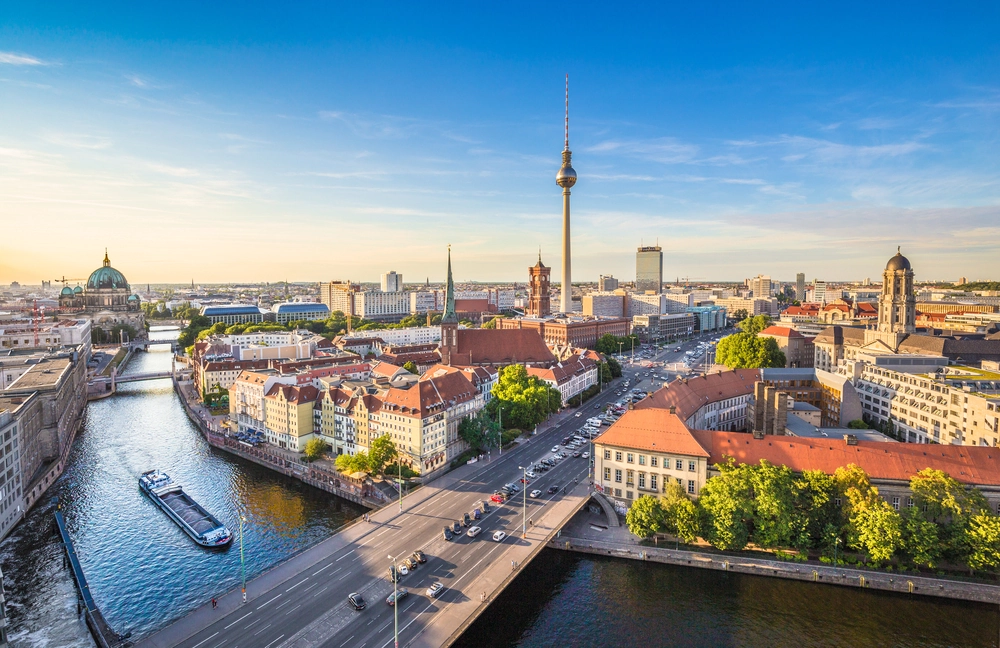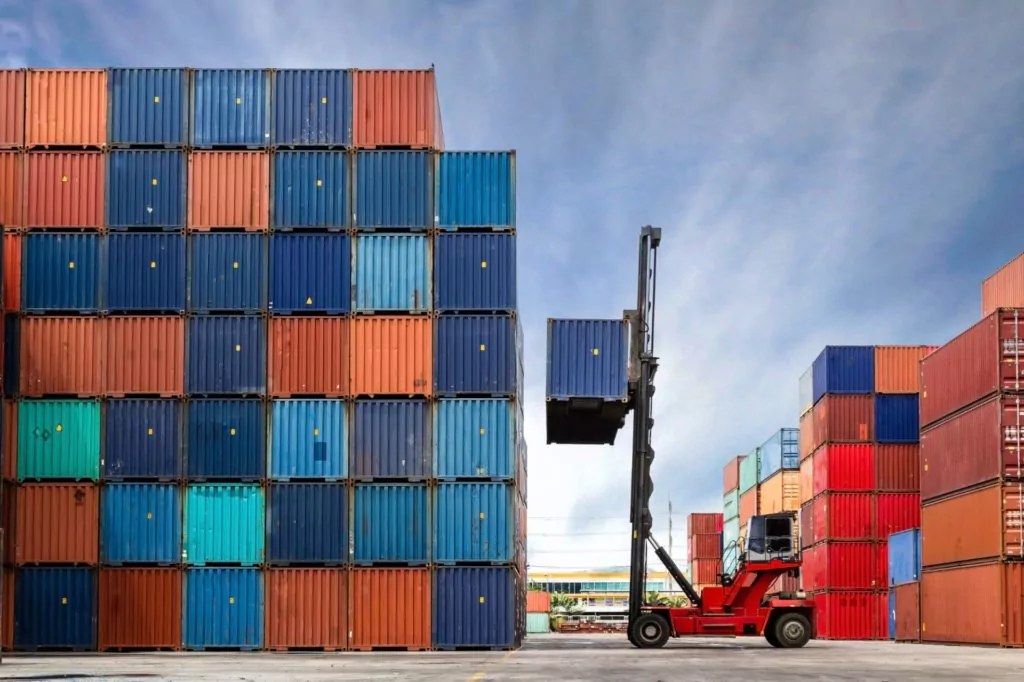
Protecting your intellectual property: A guide for UK businesses at German trade fairs

By Ben Travers
11 Feb 2025 | 5 minute read
Germany remains a key territory for many UK businesses and is home to some of the world's most popular international trade fairs. These events give UK businesses the chance to showcase their products, build relationships and expand into new markets.
However, to harness these opportunities careful preparation is needed, especially when it comes to intellectual property (IP) considerations. For those who are not prepared, fundamental differences between how the two systems operate can create challenges.
Before attending a trade fair, UK businesses must take proper steps to protect their IP and to lodge appropriate documents with the trade fair organiser, not doing so could result in legal proceedings and unnecessary costs as well as jeopardising your presence at the event.
In this article, Eckard Nachtwey, Managing Partner of German IP law firm Nachtwey IP, and Ben Travers, Head of IP at UK law firm Foot Anstey, set out the considerations for UK businesses looking to maximise the benefits of attending German trade fairs.
Background: what are the IP challenges at German trade fairs?
Trade fairs in Germany can quickly become a forum for IP disputes, often unfolding on the day of the event itself with little to no advance warning. Many UK businesses are unaware that these fairs are equipped with dedicated IP dispute forums, designed to swiftly handle infringement allegations.
Knowledgeable businesses frequently leverage these systems to gain a competitive edge, especially against exhibitors unfamiliar with their existence or operation.
For instance, attendees at major trade fairs in cities like Berlin, Cologne, Düsseldorf, Frankfurt, Hamburg, and Munich can secure temporary legal protection to halt the sale of alleged IP-infringing products. Remarkably, this process can be initiated and resolved on the same day as the trade fair.
This means an exhibitor accused of IP infringement may find themselves facing a claim at a special court located at the fair. These courts, which operate with exceptional speed, can order the removal of the exhibitor’s products from display. The relevant courts are well-prepared to handle such cases, providing sophisticated legal support and injunctive relief - even during weekends when major fairs are underway.
UK businesses can also take advantage of this system to protect their IP if they identify infringements. Equally however, they must be prepared to effectively deal with any claims brought against them.
What steps should businesses take before attending a trade fair?
Prepare for pre-fair IP assessments by competitors and the possibility of receiving a warning letter
Competitors often begin assessing potential IP infringements even before a trade fair officially opens. During setup, they evaluate which competitors are attending and the products they are exhibiting to identify possible breaches of patents, utility models, trademarks, or designs.
If suspected infringements are detected, a "warning letter" or cease-and-desist letter is typically prepared and delivered on the fair's opening day.
These letters outline the alleged infringement and demand that the infringer immediately cease exhibiting or distributing the infringing products, brochures, or materials - often with a compliance deadline as short as the end of the same day.
If the recipient does not comply and provide a signed agreement to cease and desist, attorneys can promptly apply for a preliminary injunction. For large international trade fairs, German courts are well-staffed, even on weekends, to handle such applications swiftly. Translators are often available to ensure proceedings can accommodate international participants.
To help mitigate this risk businesses should:
- Review the materials they intend to exhibit and ensure IP protection is in place for the same.
- Consider whether any competitors in attendance may have grounds (or otherwise be inclined) to make IP infringement allegations.
- Ensure that, in exhibiting, they are not giving away IP or commercially sensitive information.
- Collate materials which help demonstrate the originality and ownership of any IP being exhibited in case this becomes necessary to defend an infringement claim at short notice. Businesses may even want to make submissions of these materials before the trade fair in a pre-emptive move.
Understanding the key differences between German and UK injunction procedures
In Germany, preliminary injunctions in these circumstances are typically issued without an oral hearing or notifying the alleged infringer beforehand. Courts hear only the applicant's argument before making a decision. If the court finds the application sufficiently well-founded, it can issue an injunction that prevents the exhibitor from continuing to showcase the contested products.
The process is remarkably fast, often taking just hours from the issuance of a cease-and-desist letter to the enforcement of an injunction. The first time an exhibitor might learn of the injunction could be when a bailiff serves the order at their booth, effectively halting their trade show plans.
If the alleged infringer believes they have a valid defence or materials which may help to demonstrate the originality of their materials, they can submit it to the court, after receipt of the cease-and-desist, which may also expedite the proceedings to resolve the matter before the trade fair concludes.
Know the role of German customs inspections for non-EU exhibitors
German customs authorities play a major role in enforcing IP rights at major fairs. A "Zollrundgang" (customs inspection) is conducted at some trade fairs, targeting potential infringers from outside the European Union. During these inspections, customs officials can seize infringing products and promotional materials.
In cases of confirmed infringement, the customs authority imposes lump sum payments for the costs of the penal proceedings with the German criminal prosecution authorities. If the representative of the infringing company cannot pay the required amount on the same day, they may face detention until the payment is made. While effective in protecting IP rights, this service is not available at all trade fairs - only at prominent events such as the the "AMBIENTE" fair in Frankfurt.
Ensure your IP rights are properly registered
UK businesses need to ensure their IP rights are properly registered in the relevant jurisdictions before attending trade fairs in Germany or elsewhere. IP rights are territorial, meaning protection in one country does not automatically extend to another. Without appropriate registration, businesses risk being unable to enforce or defend their rights.
In preparation for potential disputes, UK businesses should:
- Compile proof of originality and evidence of IP registrations.
- Develop an outline defense strategy in advance, ensuring they can respond quickly to allegations.
- Carry out a search for IP registrations of your competitors which may be infringed by your marks or designs.
Get in touch
For expert advice and support on protecting your IP in Germany, please contact Eckard Nachtwey, Managing Partner at Nachtwey IP or Ben Travers, Head of IP at Foot Anstey.












